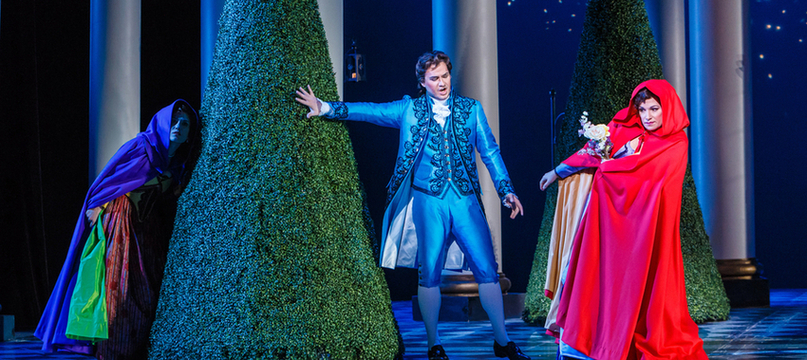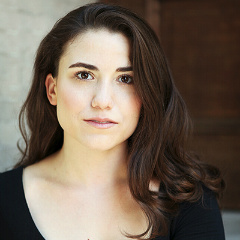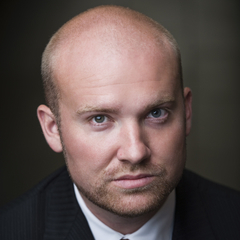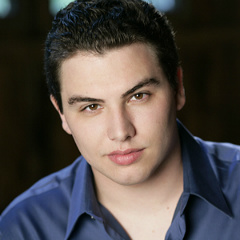ACT I. While preparing for their wedding, Figaro learns from Susanna that their philandering employer, Count Almaviva, has designs on her. At this news, the servant vows to outwit his master. Before long the scheming Bartolo enters the servants' quarters with his housekeeper, Marcellina, who wants Figaro to marry her to cancel a debt he cannot pay. After Marcellina and Susanna trade insults, the amorous page Cherubino arrives, reveling in his infatuation with all women. He hides when the Count shows up, furious because he caught Cherubino flirting with Barbarina, the gardener's daughter. The Count pursues Susanna but conceals himself when the gossiping music master Don Basilio approaches. The Count steps forward, however, when Basilio suggests that Cherubino has a crush on the Countess. Almaviva is enraged further when he discovers Cherubino in the room. Figaro returns with fellow servants, who praise the Count's progressive reform in abolishing the droit de seigneur—the right of a noble to take a manservant's place on his wedding night. Almaviva assigns Cherubino to his regiment in Seville and leaves Figaro to cheer up the unhappy adolescent.
ACT II. In her boudoir, the Countess laments her husband's waning love but plots to chasten him, encouraged by Figaro and Susanna. They will send Cherubino, disguised as Susanna, to a romantic assignation with the Count. Cherubino, smitten with the Countess,
appears, and the two women begin to dress the page for his farcical rendezvous. While Susanna goes out to find a ribbon, the Count knocks at the door, furious to find it locked. Cherubino quickly hides in a closet, and the Countess admits her husband, who, when he
hears a noise, is skeptical of her story that Susanna is inside the wardrobe. He takes his wife to fetch some tools with which to force the closet door. Meanwhile, Susanna, having observed everything from behind a screen, helps Cherubino out a window, then takes his
place in the closet. Both Count and Countess are amazed to find her there. All seems well until the gardener, Antonio, storms in with crushed geraniums from a flower bed below the window. Figaro, who has run in to announce that the wedding is ready, pretends it was he who jumped from the window, faking a sprained ankle. Marcellina, Bartolo, and Basilio burst into the room waving a court summons for Figaro, which delights the Count, as this gives him an excuse to delay the wedding.
ACT III. In an audience room where the wedding is to take place, Susanna leads the Count on with promises of a rendezvous in the garden. The nobleman, however, grows doubtful when he spies her conspiring with Figaro; he vows revenge. Marcellina is astonished but thrilled to discover that Figaro is in fact her long-lost natural son by Bartolo. Mother and son embrace, provoking Susanna's anger until she too learns the truth. Finding a quiet moment, the Countess recalls her past happiness, then joins Susanna in composing a letter that invites the Count to the garden that night. Later, during the marriage ceremony of Figaro and Susanna, the bride manages to slip the note, sealed with a hatpin, to the Count, who pricks his finger, dropping the pin, which Figaro retrieves.
ACT IV. In the moonlit garden, Barbarina, after unsuccessfully trying to find the lost hatpin, tells Figaro and Marcellina about the coming assignation between the Count and Susanna. Basilio counsels that it is wise to play the fool. Figaro inveighs against women and leaves, missing Susanna and the Countess, ready for their masquerade. Alone, Susanna rhapsodizes on her love for Figaro, but he, overhearing, thinks she means the Count. Susanna hides in time to see Cherubino woo the Countess—now disguised in Susanna's dress—until Almaviva chases him away and sends his wife, who he thinks is Susanna, to an arbor, to which he follows. By now Figaro understands the joke and, joining the fun, makes exaggerated love to Susanna in her Countess disguise. The Count returns, seeing, or so he thinks, Figaro with his wife. Outraged, he calls everyone to witness his judgment, but now the real Countess appears and reveals the ruse. Grasping the truth at last, the Count begs her pardon. All are reunited, and so ends this "mad day" at the Almaviva court.
~Adapted from Opera News





 Cast and Artistic Team
Cast and Artistic Team
_240x240.jpg)













